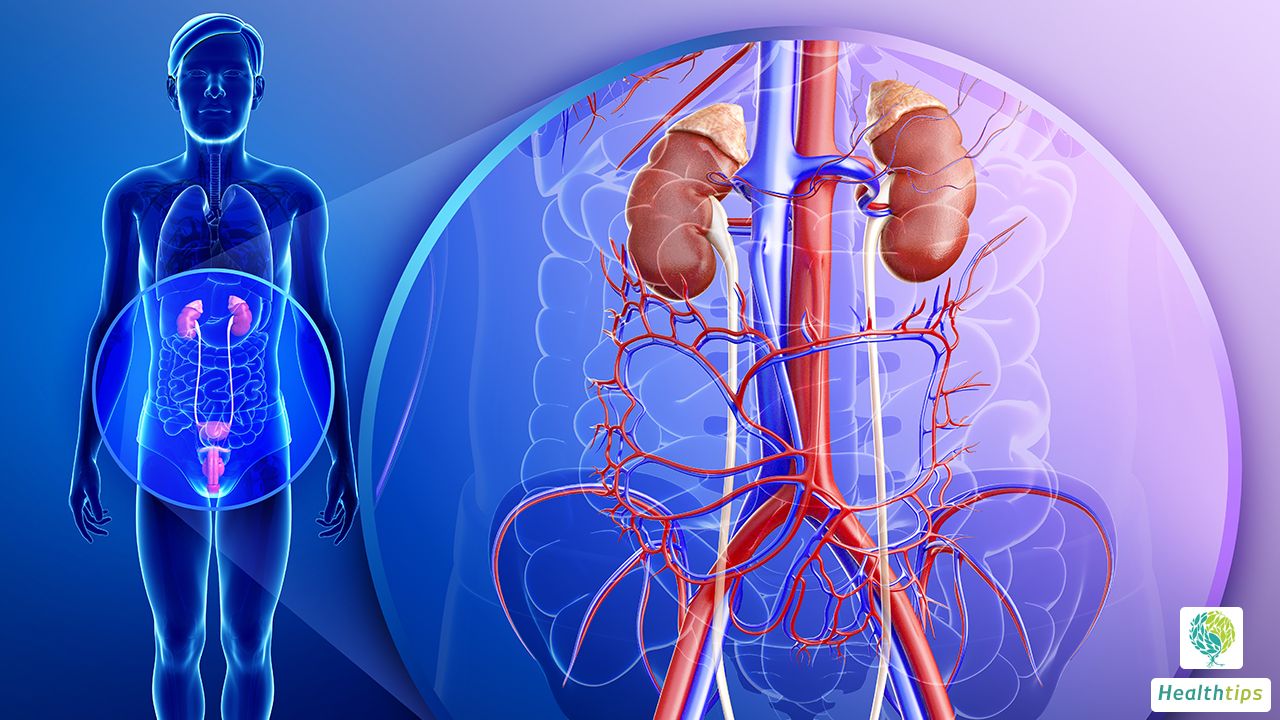Generally speaking, people with kidney stones can take calcium tablets properly. However, during the medication period, regular renal B-ultrasound and urine routine tests should be performed. Kidney stones are a common disease of the urinary system, and their formation is related to factors such as metabolic abnormalities and improper diet. If patients experience symptoms such as low back pain or bloody urine, they need to go to the hospital for examination in time and use medication or surgical treatment under the guidance of a doctor to relieve the symptoms. For kidney stones with no obvious clinical manifestations and small size, conservative treatment methods can be adopted, such as drinking plenty of water to promote excretion; while larger kidney stones need to be treated through extracorporeal shock wave lithotripsy. Calcium tablets are rich in calcium, which helps to supplement the body's necessary nutrients and prevent the occurrence of osteoporosis. People with kidney stones can also consume some calcium tablets in moderation. However, it is important to avoid excessive intake to prevent an increase in the concentration of calcium ions in the body and worsening of the condition. It is recommended that patients with kidney stones pay attention to adjusting their lifestyle, maintain good habits, eat a reasonable diet, eat plenty of fresh fruits and vegetables as well as food rich in vitamins, and avoid spicy and irritating foods and foods high in oxalic acid, such as spinach, celery, and chocolate. At the same time, actively participate in physical exercise to enhance physical fitness and improve immunity. If you feel unwell, please seek medical attention immediately.


